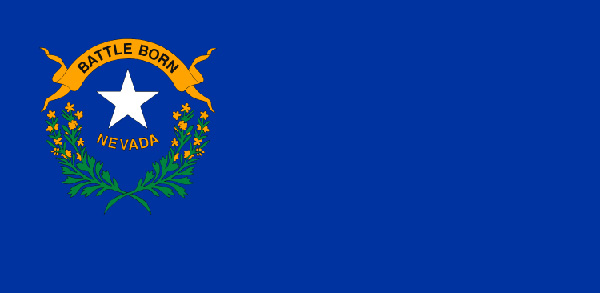In a decision issued on August 11, 2022, the Nevada Supreme Court declined to recognize recreational marijuana use as a “lawful” activity for purposes of the state’s law providing employment protections for “lawful activities” or “lawful off-duty conduct” outside of work.
The court reasoned, in Ceballos v. NP Palace, LLC, that while recreational marijuana use is legal in Nevada, marijuana possession remains illegal under federal law as it is still classified as a Schedule I controlled substance under the federal Controlled Substances Act. For the same reasons, the court ruled that a wrongful termination claim could not be supported on public policy grounds.
Danny Ceballos, a former table games dealer at the Las Vegas Station Hotel & Casino, suffered a minor workplace injury in June 2020. After his injury, Ceballos tested positive for marijuana on a post-accident drug screen. Palace Station later terminated his employment. Ceballos filed a lawsuit against Palace Station alleging his discharge violated Nevada Revised Statutes § 613.333, which is sometimes referred to as Nevada’s “lawful off-duty conduct” law, and for wrongful termination in violation of public policy.
In his lawsuit, Ceballos argued that he was not impaired during his work shift when he was injured and that he had not used marijuana within the 24 hours prior. NRS § 613.333 states that an employer may not discharge an employee “because the employee engages in the lawful use in [Nevada] of any product outside the premises of the employer during the employee’s nonworking hours, if that use does not adversely affect the employee’s ability to perform his or her job or the safety of other employees.”
However, in dismissing the lawsuit in favor of Palace Station, the Nevada Supreme Court reasoned that NRS § 613.333 contemplates the use of a product that is “lawful under both state and federal law, not just lawful under Nevada law.” (Emphasis added.) Since marijuana remains illegal under federal law, Ceballos cannot rely on NRS § 613.333 to support a claim arising out of his termination of employment, the court ruled.
To further support its decision, the court relied on a 2015 Colorado Supreme Court case, Coats v. Dish Network, LLC, which similarly determined that recreational marijuana use could not be deemed “lawful” activity even though recreational marijuana use is legal in Colorado, because of marijuana’s status as a Schedule I controlled substance.
The court further ruled that Ceballos could not support a wrongful termination claim for public policy reasons, noting that such “tortious discharge” cases are limited only to cases in which the termination “violates strong and compelling public policy.” The court stated that Ceballos’s case “differ[ed] fundamentally” from those cases. Here, the issue centered on his personal right to use marijuana recreationally, which besides being illegal under federal law, did not concern a “public dimension” such as employer-coerced criminal conduct, workers’ compensation for on-the-job injuries, or public service like jury duty or whistleblowing.
In a possible call-out to the Nevada legislature, the court explained that the interplay between adult recreational marijuana use and employment law authorizes employers to adopt and enforce policies restricting use that affects its workplace. The court stated that had the legislature “meant to require employers to accommodate employees using recreational marijuana outside the workplace but who thereafter test positive at work, it would have done so.”
Key Takeaways
The Nevada Supreme Court’s holding means that, currently, employers in Nevada are not required to accommodate an employee’s recreational use of marijuana. The case is further notable because it holds, specifically, that Nevada’s “lawful off-duty conduct” statute does not protect employees’ recreational marijuana use, at least for now. However, the holding would be called into question if marijuana is legalized on the federal level, or Nevada’s statutes are revised to specifically protect recreational use, as in New York (e.g., New York Labor Law § 201-d) or to accommodate recreational use.
